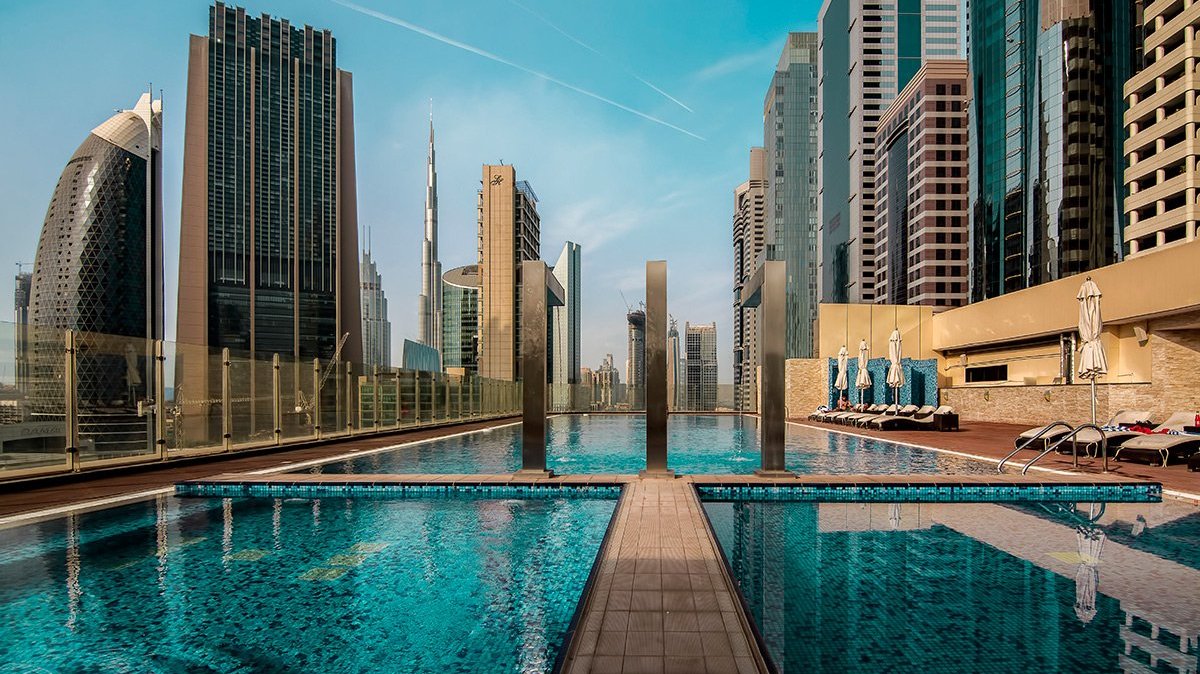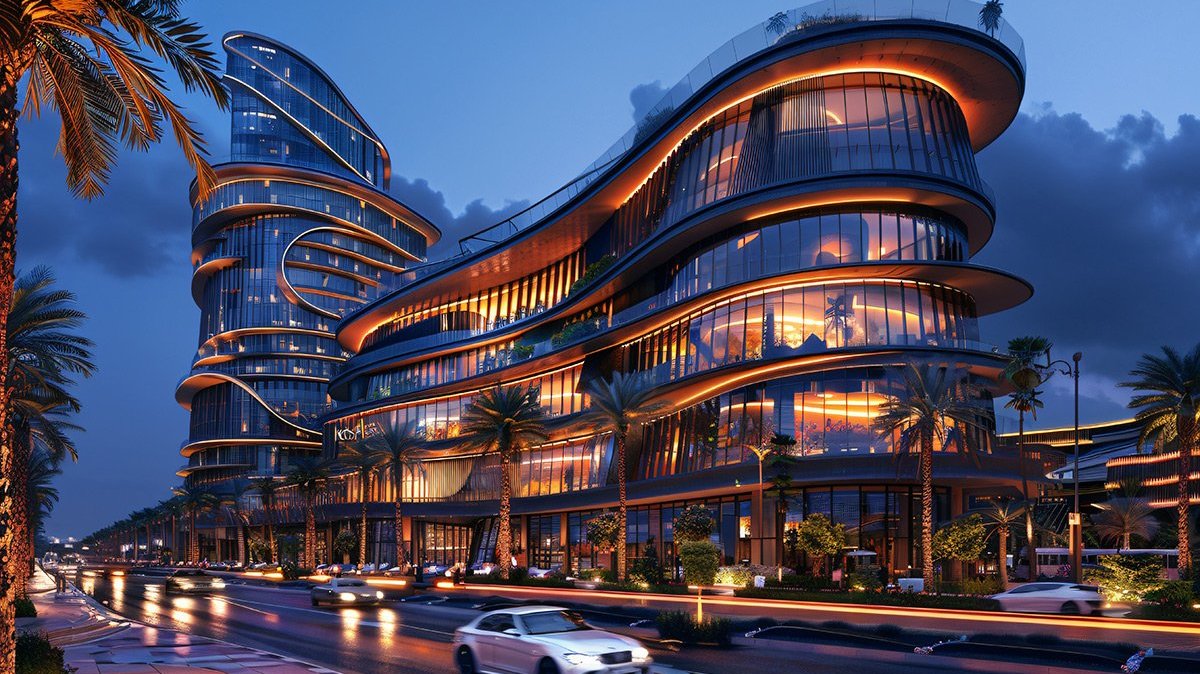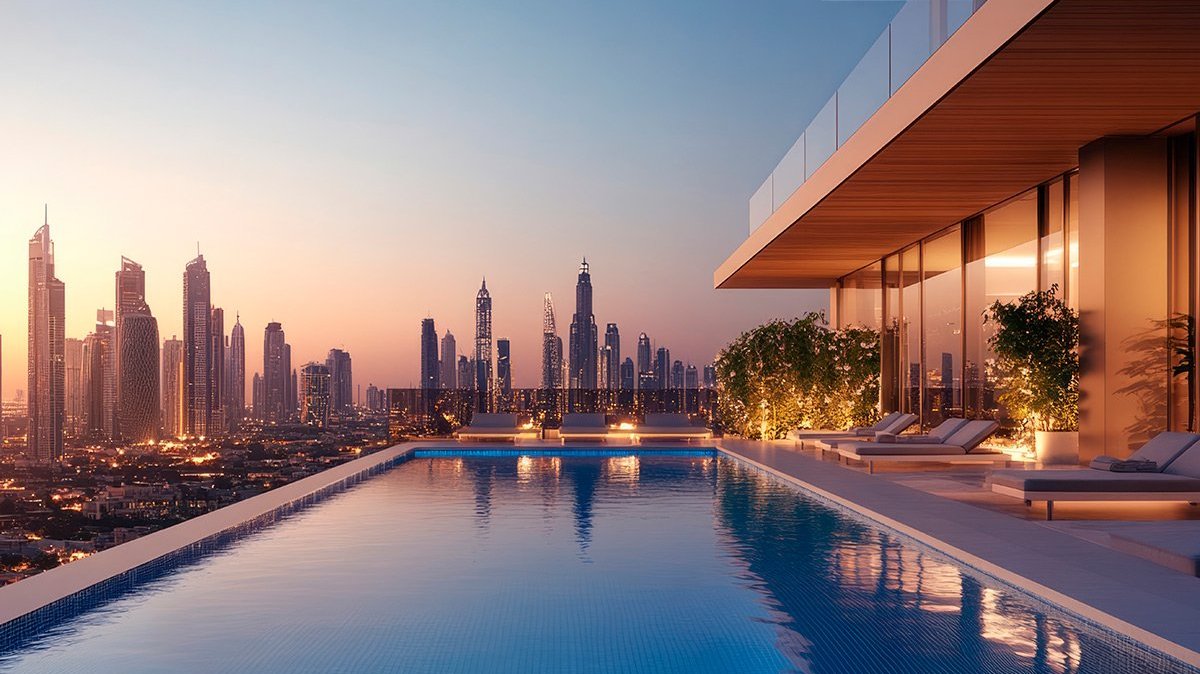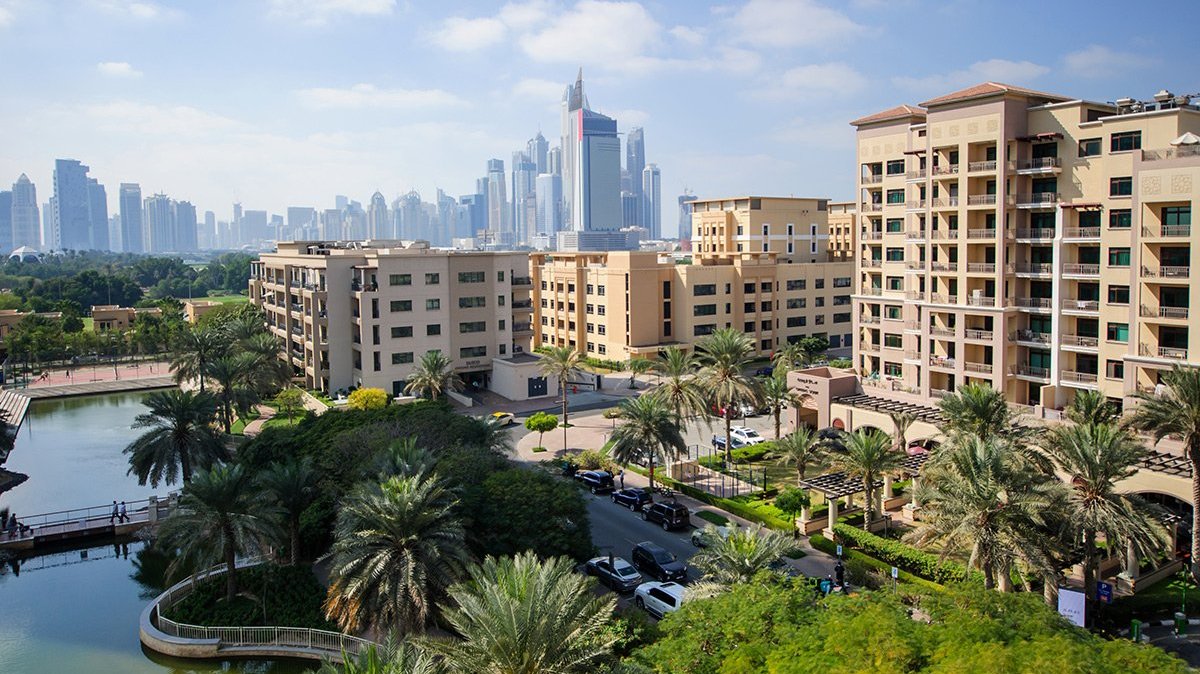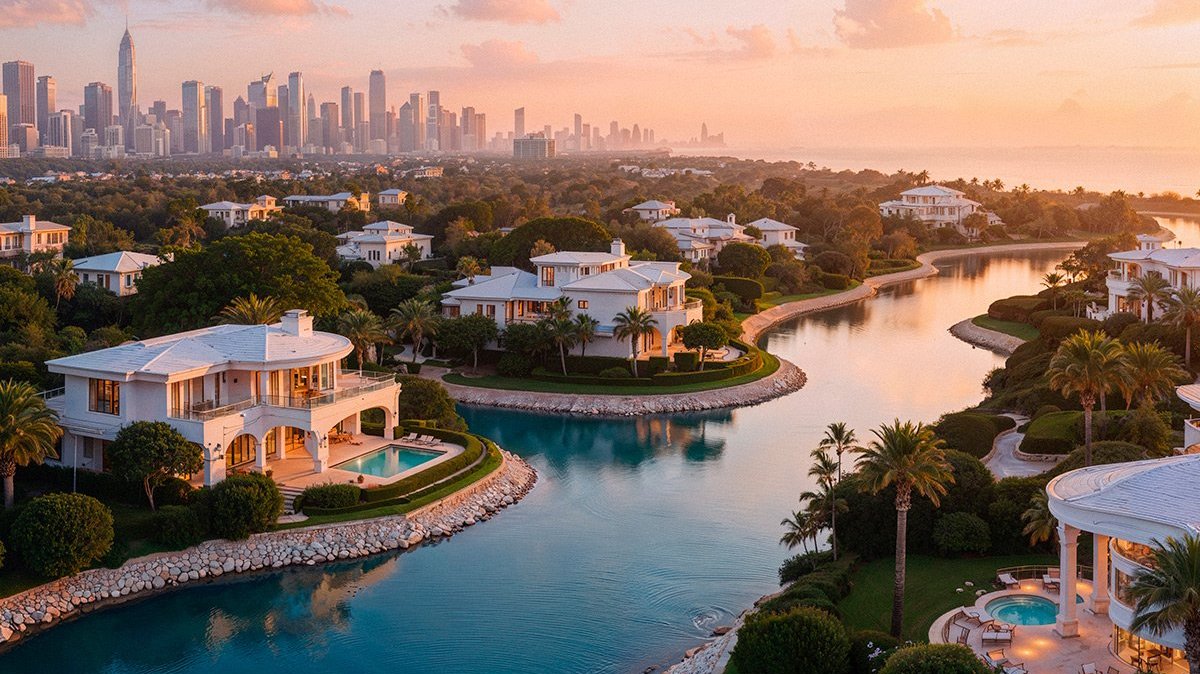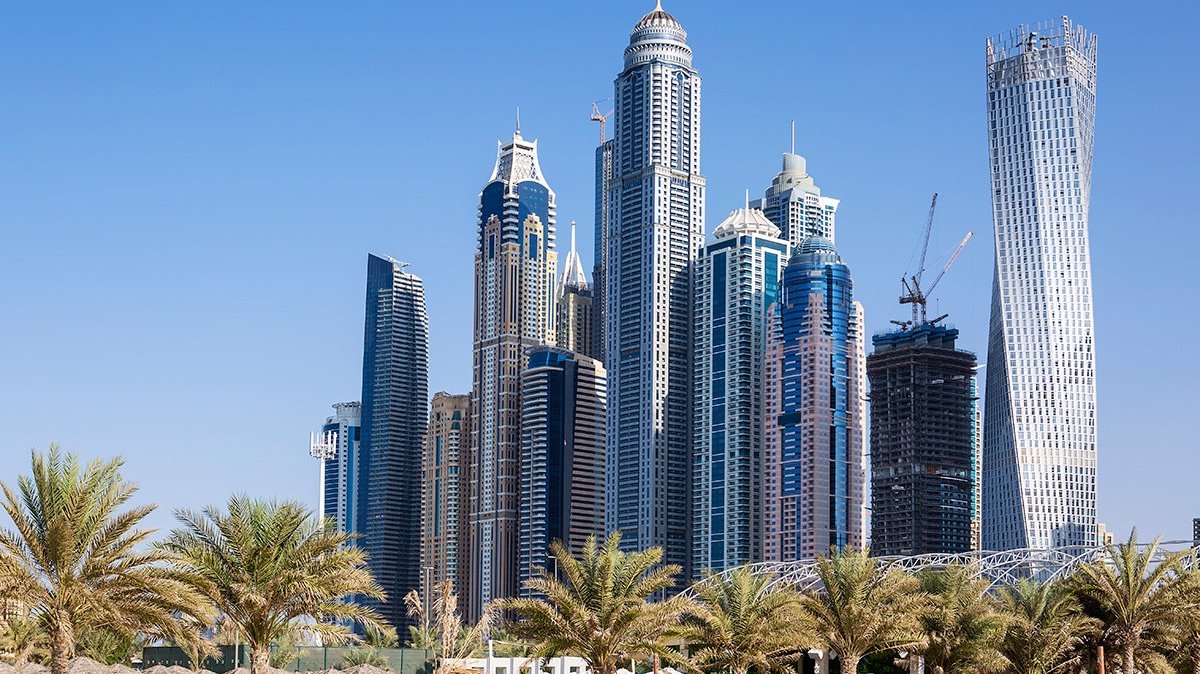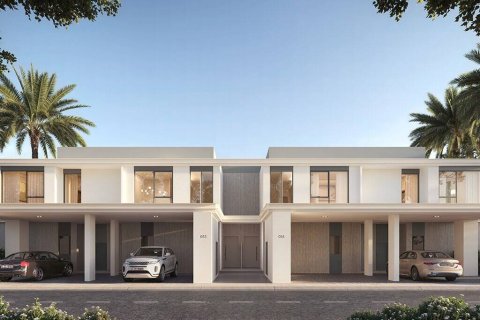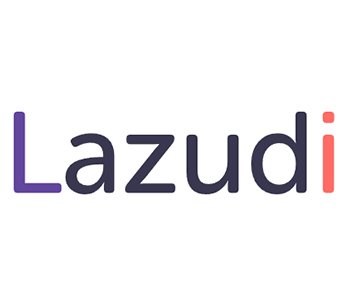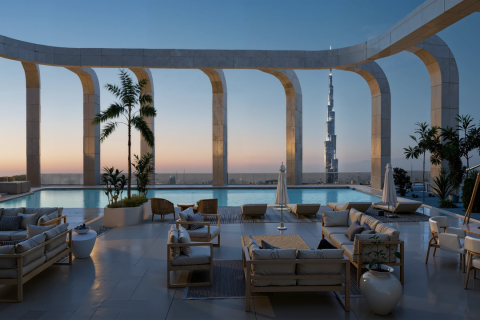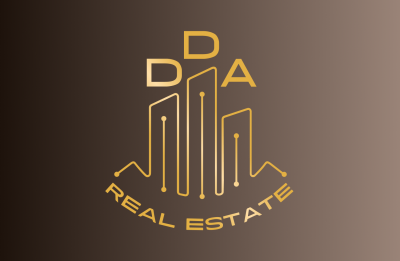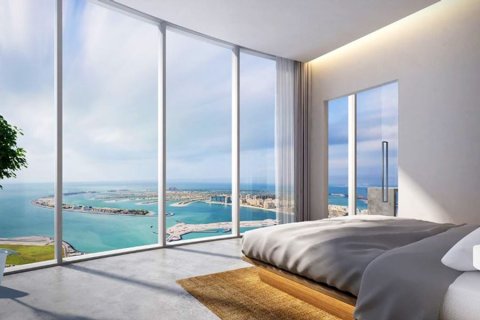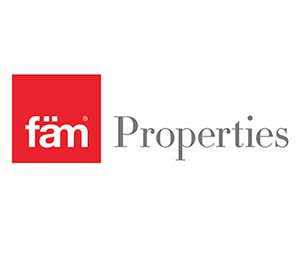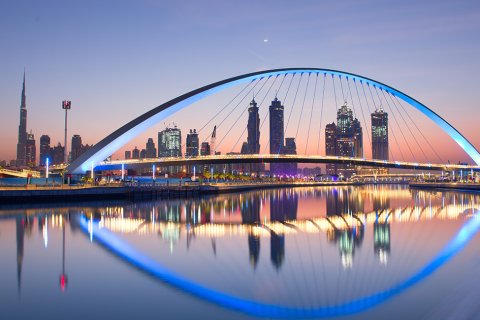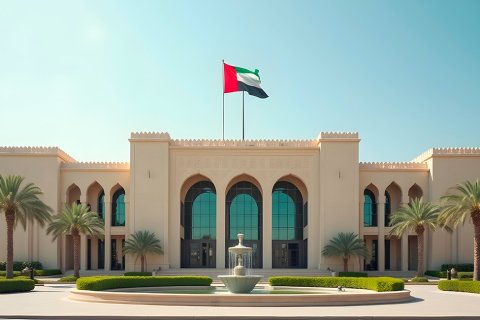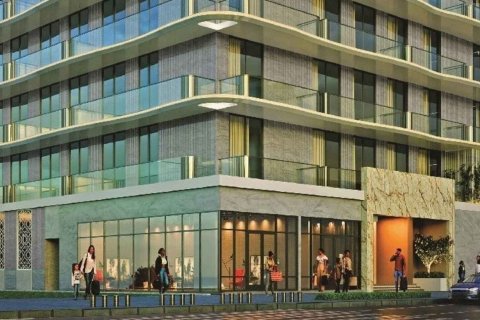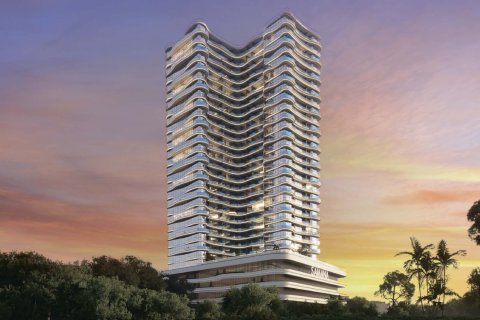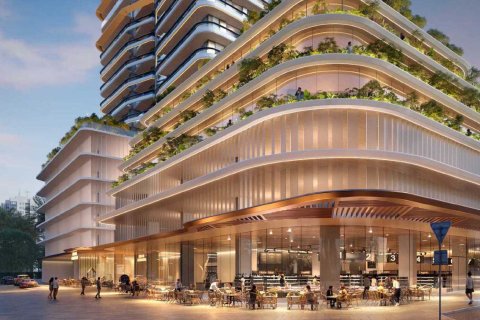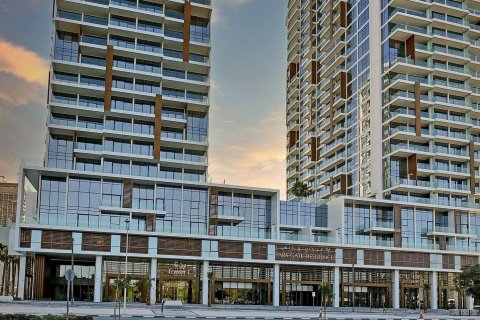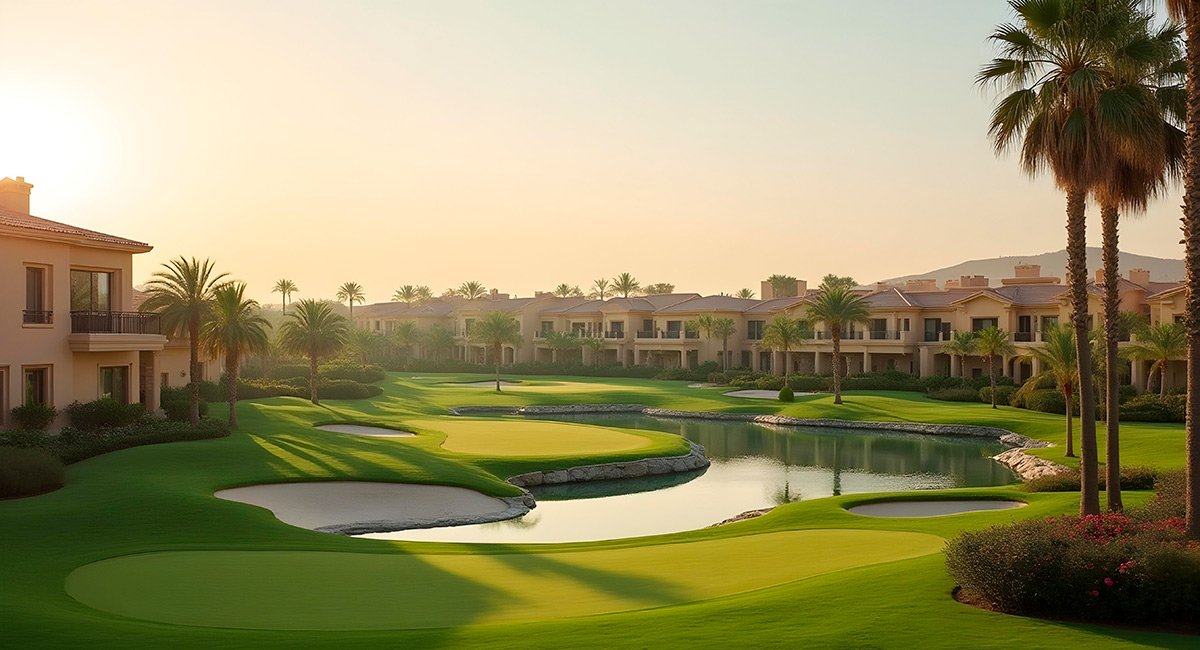
Investing in real estate in Dubai, UAE, is among the most effective means for capital growth, both in the short and long term. This is evidenced by the increasing number of transactions in the local market, which reached 181,000 in 2024 (+36%), as well as the rising price per square metre, which hit USD 4,396 (+11.6%).
Dubai’s rapidly expanding economy, consistent demand from renters and buyers, large-scale infrastructure initiatives and increasing business activity make the market especially appealing to both private and institutional investors. Common strategies include purchasing off-plan properties (which are 20–30% more affordable) or holding onto properties long-term and reselling them later.
The tourism sector, which welcomed over 18,000,000 visitors in 2024, creates favourable conditions for earning through short-term rentals, offering yields of up to 15% annually. The influx of expats also supports long-term leasing, with returns of about 8% per year. Choosing a specific strategy for Emirates real estate investment depends on your goals, risk tolerance and available capital.
Content
How to earn real estate income in Dubai
Long-term rental
One of the most dependable ways to invest in property in Dubai is by renting out apartments or villas for a year or more. The city demonstrates strong housing demand from foreigners, particularly in well-established areas with convenient locations such as Jumeirah Village Circle, Business Bay and Dubai Marina.
Benefits of this strategy:
- A consistent stream of tenants due to population growth – in May 2025, the population rose 6.3% year-over-year (by 230,000) to 3,950,000 residents;
- A relatively low vacancy rate – occupancy levels range from 85–95%;
- Yields of 5–8% annually.
The key is to select residential complexes suitable for permanent residence. Ideal developments feature elevators, parking and leisure amenities such as a pool, gym and playground. You’ll also get 24/7 security and close proximity to shops, public transport, schools, kindergartens and hospitals. The greater the comfort, the more stable the income.
Short-term rental
Renting out property for as little as one night up to a few weeks can generate higher profits, especially in tourist or business hotspots like Downtown Dubai, Palm Jumeirah and Jumeirah Beach Residence. Some key benefits include:
- Higher returns compared to long-term leasing – 12–15% annually;
- Flexible pricing depending on seasons and events;
- You can use the apartments or villas in Dubai when they’re not being rented.
The drawback is the increased level of organisation required—cleaning, maintenance, tenant sourcing, check-ins and more. Many owners sign contracts with property management companies to handle these tasks, though this reduces net profit. Additionally, short-term rentals perform well during peak tourist seasons but have variable occupancy rates of around 50–65%.
Buy and hold
This strategy targets patient investors seeking long-term capital growth. The idea is to buy a liquid property and keep it for years, disregarding market fluctuations, to benefit from appreciation. Meanwhile, the property can also be rented out to maximise returns.
Why this strategy of investment in Dubai works well:
- The city is continuously developing and expanding;
- The population grows every year;
- Rental rates increase over time;
- Property prices have been steadily rising: 8.1% in 2021, 21.1% in 2022, 14.2% in 2023 and 11.6% in 2024.
After holding an asset for a lengthy period, an investor can sell it for a profit based on the difference between the original and current prices. For this approach, it’s best to select projects in newly developing communities or established areas with steady appreciation.
Buying off-plan properties
Investors seeking faster capital growth often buy properties during early construction phases, sometimes even before the official launch (pre-launch). Developers provide attractive prices and flexible payment plans at this stage.
How it works:
- The investor purchases a property at the project’s start;
- Within 12–24 months, its value increases by 20–30%;
- The unit is then sold on the secondary market or via assignment.
Engaging in exclusive pre-launch offers can be highly profitable. However, this approach demands thorough research: the developer’s reputation, construction progress and demand within the selected community are essential considerations.
Buying commercial property
Offices, retail spaces, warehouses and other commercial units can be leased to companies under long-term contracts. These assets may provide higher returns than residential ones (average profitability is about 15% annually), but this sector also demands more thorough market analysis.
Things to consider:
- Foot and vehicle traffic in the area;
- Competitors nearby;
- The target audience (offices work best in business districts, retail units in densely populated areas, etc.).
Purchasing spaces for franchise outlets, small cafés, boutiques, or pharmacies can be particularly lucrative. Such tenants often sign 5–10 year leases, offering a reliable income.
Benefits of investing in Dubai real estate
- High liquidity
Properties in Dubai sell rapidly due to steady demand from both local and international investors. The average time a property stays on the market is around 40–60 days. In 2024 alone, the number of completed transactions rose by 36% to 181,000, indicating ongoing interest.
- Price growth
In 2024, the average price per square metre rose by 11.6% to USD 4,396, while the total value of properties sold increased by 27.1% to USD 142,000,000,000. This pattern is propelled by high-demand large-scale developments and government initiatives to attract investors and professionals.
- Rental income potential
One of the main benefits of investment real estate in Dubai is the rental yield, which can surpass 20% annually in popular locations. Both long- and short-term rentals are sought after, particularly in tourist areas, commercial districts and regions with strong social infrastructure.
- Flexible purchase schemes
Many developers provide interest-free instalment plans—such as 10% upon booking, 50% during construction and 40% upon handover. In some instances, buyers can pay a large part of the price over several years after the project is finished. This reduces the financial barrier for investors.
- Transparency and investor protection
The market is overseen by the Dubai Land Department and RERA, ensuring legal clarity in transactions. Every deal is registered and escrow accounts safeguard investors’ funds from unreliable developers. This regulatory framework diminishes risks and enhances buyer confidence.
High-potential areas to invest in real estate in Dubai
Here are some of the most attractive areas for investing in villas and apartments in Dubai:
- Palm Jumeirah
One of the city’s most prestigious districts, renowned for luxury residences with private beaches and sea views. Developments like One Crescent, The Royal Atlantis Residences and Seven Palm Residences are consistently sought after by affluent tenants. The area boasts top-tier infrastructure, including Nakheel Mall, White Beach Club and Aquaventure Waterpark as well as high-end restaurants such as Nobu, 101 and Ossiano. It benefits from good transport links via the monorail and proximity to Sheikh Zayed Road. The island's exclusivity, limited land supply and elite reputation ensure real estate here remains a highly profitable asset.
- Dubai Marina
A densely populated community with high-rise buildings along a canal and direct access to JBR beach. Complexes such as Marina Gate, Cayan Tower and LIV Residence are popular among young professionals, expats and digital nomads because of their closeness to business hubs like Dubai Media City and Dubai Internet City. The area is self-sufficient, featuring Dubai Marina Mall, metro and tram stations and the Marina Walk promenade lined with restaurants and cafés. High resident and tourist traffic ensures strong housing demand and promising capital appreciation prospects.
- Jumeirah Village Circle (JVC)
One of the fastest-growing areas, offering affordable housing and consistent rental demand. Projects here are developed by trusted names like Binghatti, Ellington and Danube. The community benefits from robust social infrastructure, including schools such as JSS International and Nord Anglia International, supermarkets like Choithrams and Spinneys, as well as numerous parks and sports facilities. With easy access to Al Khail Road and Sheikh Zayed Road, JVC provides excellent connectivity. Investors appreciate its combination of affordability, rental yields and rapid construction alongside price growth.
- Damac Hills
A gated community centred around Trump International Golf Club, offering premium villas. Residential areas like Akoya Park, Golf Promenade and Carson are situated in a lush setting with artificial lakes and various recreational and sports facilities. The community features schools, medical clinics and supermarkets such as Carrefour and Spinneys. It attracts families and tenants looking for tranquility close to nature, while remaining connected to the city via major highways. This makes Damac Hills appealing to investors aiming for long-term rental income in the mid-to-high-end market.
- Dubai Sports City
A sports-themed district offering more affordable housing options. Notable developments include Canal Residence, Elite Sports Residence and Giovanni Boutique Suites. The area is home to Dubai International Stadium and a cluster of sports academies, including football pitches, training centres and fitness facilities. Properties here attract tenants with an active lifestyle seeking a quieter environment away from tourist crowds. Investors appreciate the stable returns and price growth potential as infrastructure expands and new residential projects are completed.
| Area | Average annual rental yield | Price growth in 2024 |
|---|---|---|
| Palm Jumeirah | 4–21% | Luxury apartments rose by 22.4% |
| Dubai Marina | 5–12% | Luxury apartments rose by 22.5% |
| Jumeirah Village Circle | 8–16% | Mid-range apartments rose by 24.5% |
| Damac Hills | 5–16% | Luxury villas rose by 36.8% |
| Dubai Sports City | 4–7% | Affordable apartments rose by 26.7% |
How to choose real estate for investment in Dubai
Key factors to consider when choosing a property for capital investment
- Location and infrastructure
Choose neighbourhoods with well-developed infrastructure and an established transport system. These areas ensure a consistent flow of tenants, especially if they offer quick access to business centres, tourist attractions and metro stations. It's also important to consider the community’s development prospects—new transport hubs, schools, shopping centres and government investment projects boost the appeal of residential and commercial properties.
- Property type
Real estate investment in Dubai apartments is an ideal choice for those considering short-term or monthly rentals, especially in tourist areas. Villas and townhouses are more suitable for long-term leases and are popular among families. Keep in mind that apartments generally require less maintenance and management compared to standalone houses.
- Developer and project reputation
The best options are projects by well-known developers such as Emaar, Damac, Sobha and Select Group. When examining a specific complex, focus on build quality, construction deadlines and maintenance conditions. A project's reputation directly influences its liquidity and resale value.
- Ownership terms
Foreigners can obtain full ownership of properties in freehold zones. In other regions, only leasehold is offered—generally for up to 99 years.
- Profitability and strategy
Before investing, assess the potential returns—both from rental income and property appreciation. Tourist districts are more suitable for short-term rentals, though they involve higher management costs. In family-oriented communities, investors can earn consistent income through long-term leases. The “buy and hold” strategy enables capital growth with minimal risk.
Tax considerations
There are no personal income or capital gains taxes in the emirate, which enhances the attractiveness of the local property market for investors. However, the following transaction costs may apply:
- A one-time fee payable to the Dubai Land Department, amounting to 4% of the property value. The buyer generally pays this fee, although in some cases, the cost may be shared or covered by the seller, particularly in projects offered by developers;
- Title deed issuance fee of AED 250 (approx. USD 70);
- Registration fee of AED 2,100 (approx. USD 570) + 5% VAT for properties under AED 500,000 (approx. USD 136,000) or AED 4,200 (approx. USD 1,140) + 5% VAT for properties over AED 500,000.
Investment risks
“Investing in apartments and villas in Dubai remains one of the most attractive opportunities due to consistent price growth and infrastructure development. However, it’s essential to be meticulous in selecting properties and analysing deal details. Rental income can fluctuate depending on the season and area, so it's important to account for local market dynamics. Particular attention should be paid to proper documentation and choosing a reliable developer to minimise legal risks,” says Valentina Ryazanova.
Frequently asked questions
Yes, purchasing residential and commercial property in the city is a lucrative investment due to high rental yields, which can exceed 20% annually, steady price growth (+11.6% in 2024) and the lack of income and capital gains taxes. Dubai’s appeal to tourists and expats helps maintain increasing demand for housing.
Communities with high rental yields and stable price growth include Palm Jumeirah, Dubai Marina, Jumeirah Village Circle, Damac Hills and Dubai Sports City.
Yes, transactions can be completed entirely remotely. Purchases can be processed online using a power of attorney, digital documents and bank transfers. Most developers and agencies offer remote services, including virtual tours and digital contract signing.
The main risks that come with property in Dubai include:
- Fluctuating rental rates depending on season and location;
- Potential construction delays for off-plan properties;
- Legal risks due to improperly executed documentation.
To minimise these risks, choose a trustworthy developer, carefully evaluate the project and work with legal professionals familiar with local laws.





